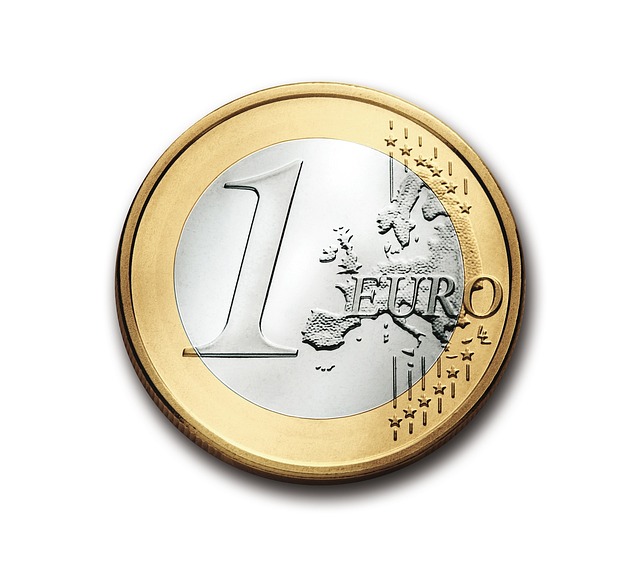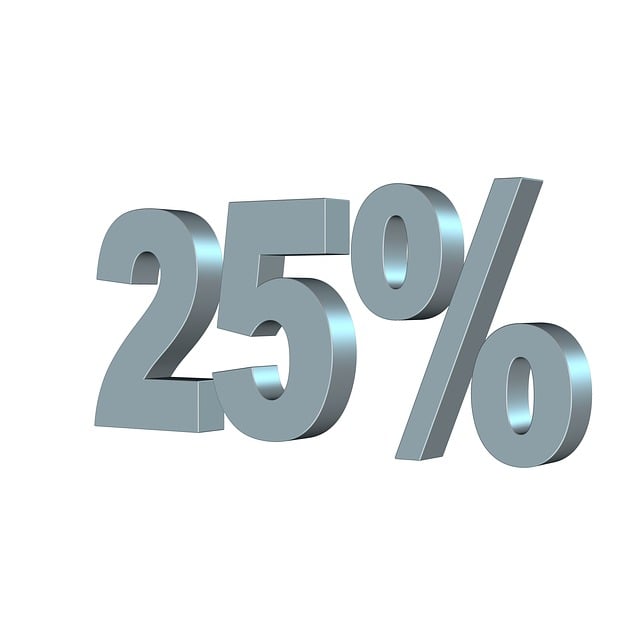Depositing Money: A Simple Guide
Depositing money involves selecting a payment method (debit/credit card, bank transfer, mobile wallet), providing recipient details, and confirming transactions through security checks. Secure methods like encryption protect financial data. Direct deposits streamline electronic fund transfers, while mobile deposits offer real-time convenience with encryption. Best practices include using reputable platforms, convenient methods (bank transfers, cards, mobile payments, e-wallets), checking deposit limits, and keeping login credentials private to ensure seamless, safe transactions.
“Unraveling the process of depositing money is essential in today’s financial landscape. This comprehensive guide will take you through the step-by-step journey, ensuring a seamless experience. We explore various deposit types, from traditional checks to digital transfers, highlighting their unique benefits. Furthermore, we offer best practices to navigate potential challenges, making your next deposit a breeze. Whether you’re a seasoned bank user or new to financial transactions, understanding how to deposit money effectively is a game-changer.”
- Understanding the Process of Depositing Money
- Different Types of Deposits and Their Benefits
- Best Practices for a Smooth Depositing Experience
Understanding the Process of Depositing Money

Depositing money is a fundamental transaction in our daily financial lives, whether it’s transferring funds to your savings account, making payments, or investing. Understanding the process ensures a smooth and efficient experience. It begins with accessing your chosen payment method, such as a debit or credit card, bank transfer, or mobile wallet. Once selected, you’ll need to provide specific details like the recipient’s account number or payment instructions.
After entering the required information, you confirm the transaction, which is then processed by the financial institution. This involves verifying your identity, checking for errors or fraud, and ensuring sufficient funds. The funds are transferred from your account, updating your balance, and simultaneously credited to the intended recipient’s account. Throughout this process, security measures like encryption and authentication protocols safeguard your financial data.
Different Types of Deposits and Their Benefits

When it comes to depositing money, there are various types that cater to different financial needs and goals. One common method is the direct deposit, which allows funds to be transferred electronically from one account to another. This is particularly beneficial for individuals receiving regular payments like salaries or government benefits, as it streamlines the process, reduces potential errors associated with paper checks, and often provides faster access to funds.
Another type is the mobile deposit, made possible by advanced banking apps. Users can scan a check or enter a wire transfer information, making transactions convenient and instantaneous. This method offers the added security of end-to-end encryption and often includes real-time notifications, ensuring customers stay informed about their financial activities. Moreover, mobile deposits are particularly useful for those who prefer the flexibility of managing their finances from the comfort of their homes or on the go.
Best Practices for a Smooth Depositing Experience

When it comes to depositing money, whether online or at a physical location, following best practices ensures a smooth and stress-free experience. First and foremost, choose a reputable and secure platform or financial institution. Look for verified websites with robust security measures in place, such as encryption protocols and two-factor authentication, which protect your sensitive information during the transaction.
Another crucial practice is to familiarize yourself with the deposit methods offered. Different institutions provide various options like bank transfers, debit/credit cards, mobile payments, or e-wallets. Select a method that suits your convenience and ensures quick processing. Always double-check the minimum and maximum deposit limits to avoid any unexpected issues during the transaction. Additionally, keep your login credentials secure and never share them with third parties to maintain the integrity of your depositing process.
In conclusion, depositing money is a fundamental aspect of financial management, offering various types of deposits tailored to individual needs. By understanding the process and adopting best practices, you can ensure a seamless and rewarding experience. Whether for savings, investments, or transactions, knowing your options empowers you to make informed decisions that align with your financial goals.






